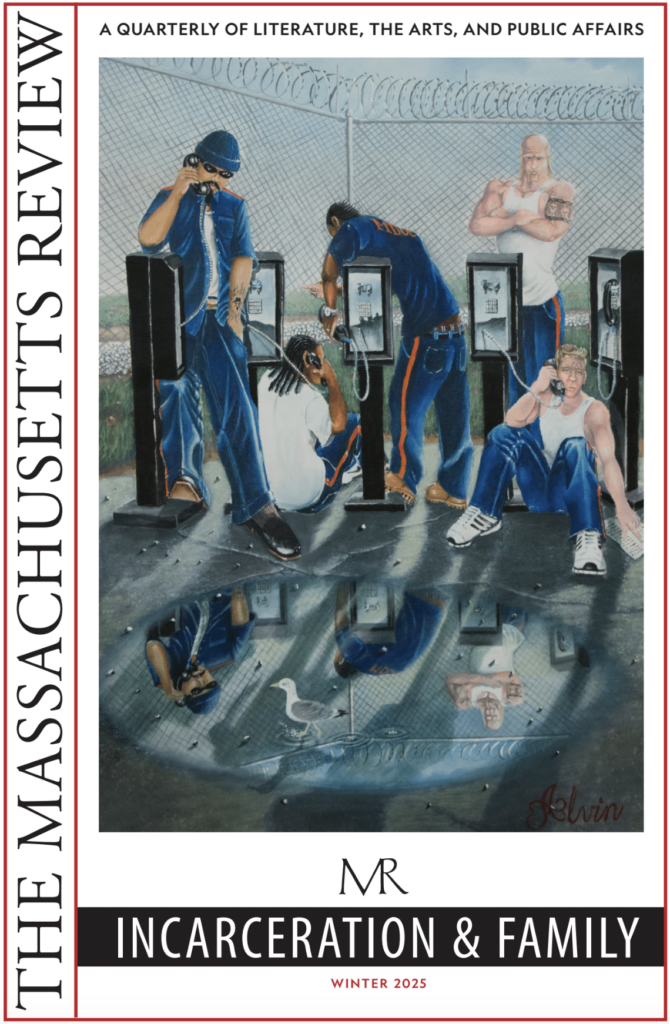Miscellany
December 31, 2015 - By Erri De Luca
Once upon a time, I came across the following scene: A small child wishes his grandmother happy birthday, and then says, “Cheer up, Grandma, most of it is done.” This comment inspired the title of my last book to be published in Italy: The Most and the Least. Most is a life counted out, . . .
Read More
October 29, 2015 - By Ellen Elias-Bursac
It was already great that Columbia’s Slavic Department and the Harriman Institute, at Radmila Gorup’s prompting, invited Dubravka Ugrešić to teach a month-long mini-course this October. And then Aleksandar Bošković, who teaches Bosnian, Croatian, and Serbian language and literature in the Columbia Slavic Department, decided to share the joy: he organized a . . .
Read More
July 8, 2015 - By Ben Merriman
Domenico Remps, “Cabinet of Curiosities” (1690s) This is a small story about world literature. In high school I was a bookish kid in a town with no bookstore. When I went to college the library immediately became the center of my life; I spent most of my undergraduate years reading my way . . .
Read More
April 7, 2015 - By Peter Bush
“Would you like to meet one of my poets? I have one for every taste—romantic, tragic, surreal… all very reasonably priced,” I was asked by an elegant, grey-haired lady in a bar on Balmes who was waving a small book under my nose of what appeared to be poems written by different . . .
Read More
March 15, 2015 - By Erri De Luca, translated by Jim Hicks
Editor’s note: On March 16, 2015, in Torino, Italy, the first witnesses will be heard in a trial brought by the Italian state against Erri De Luca, one of Europe’s best-known living writers. During an interview published on the Italian site of The Huffington Post, in response to a question put to him . . .
Read More
February 25, 2015 - by Emily Wojcik
Last week, Inside Higher Ed published an essay on “The Future of the University Quarterly.” In it, Joanne Diaz and Ian Morris (both editors themselves at university literary magazines), pointed to the perilous future that such journals face, and fretted that their demise in an age of university “cost-benefit analyses” seems near-certain. A penchant for “staid . . .
Read More
December 2, 2014 - By Woody Brown
A Seminar on the Massive Open Online Course (Link to Lesson One)(Link to Lesson Six) Lesson Seven: Wanting It “One has but to look to see that, wherever one does not come by such knowledge by pounding it into one’s head by tough experience, it falls flat. It can neither be imported nor . . .
Read More
November 15, 2014 - By Woody Brown
A Seminar on the Massive Open Online Course (Link to Lesson One)(Link to Lesson Four) Lesson Five: A Fraudulent Potential “And this is what we celebrate in Wikipedia is pretending that there’s some absolute truth that can be spoken that people can approximate and that the speaker doesn’t matter.” –Jaron Lanier Are you . . .
Read More
November 7, 2014 - By Woody Brown
A Seminar on the Massive Open Online Course (Link to Lesson One)(Link to Lesson Three) Lesson Four: A Brief History of Failure Largely absent from the discourse surrounding the MOOC is the recognition that the current wave exists in a lineage. Online education has a history, one that, as far as MOOCs are . . .
Read More
November 4, 2014 - By Woody Brown
A Seminar on the Massive Open Online Course (Link to Lesson One)(Link to Lesson Two) Lesson Three: Let’s Not Forget the Poor MOOCs are cheap; or rather, they are less expensive than courses at traditional colleges and universities. This is one of the MOOC’s major selling points: according to proponents, it reduces education . . .
Read More





